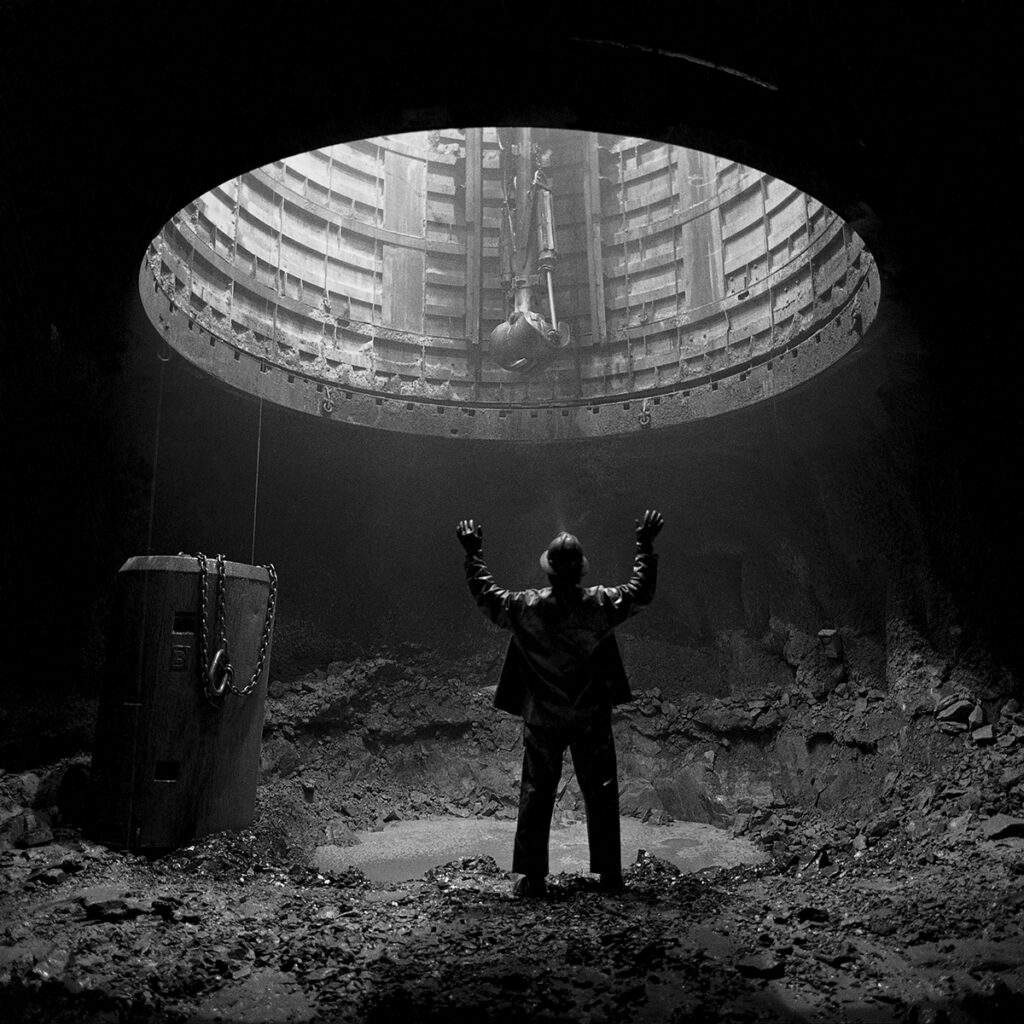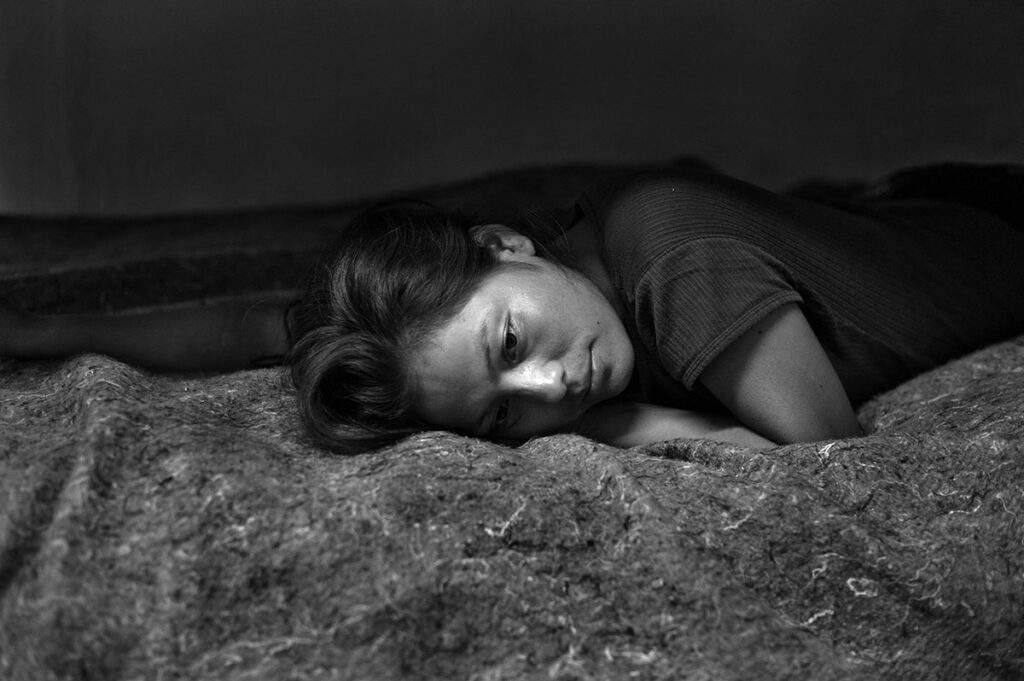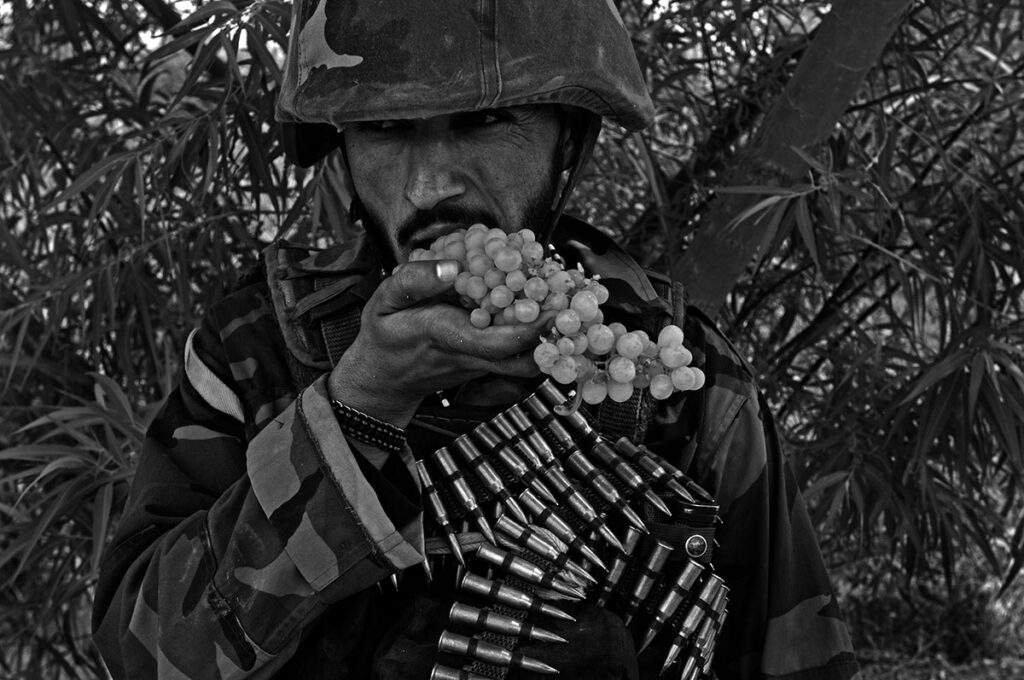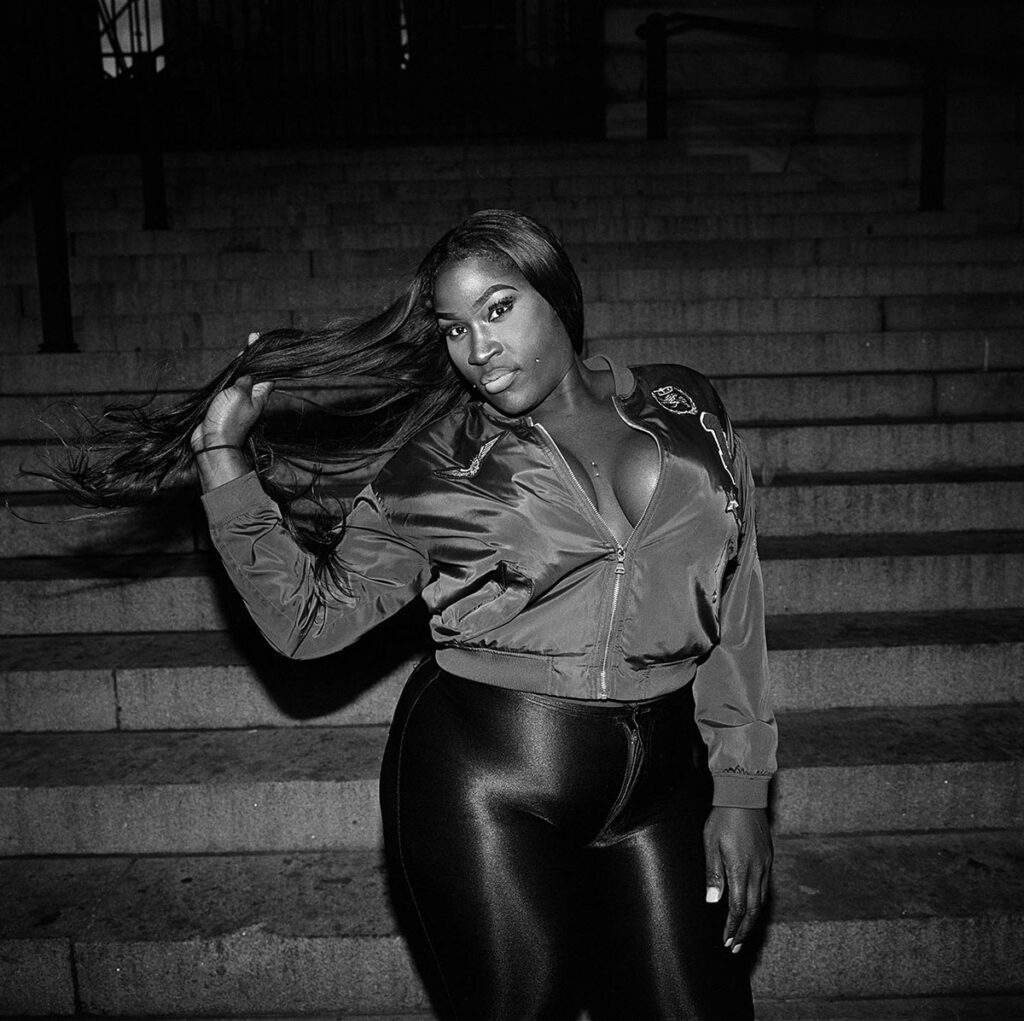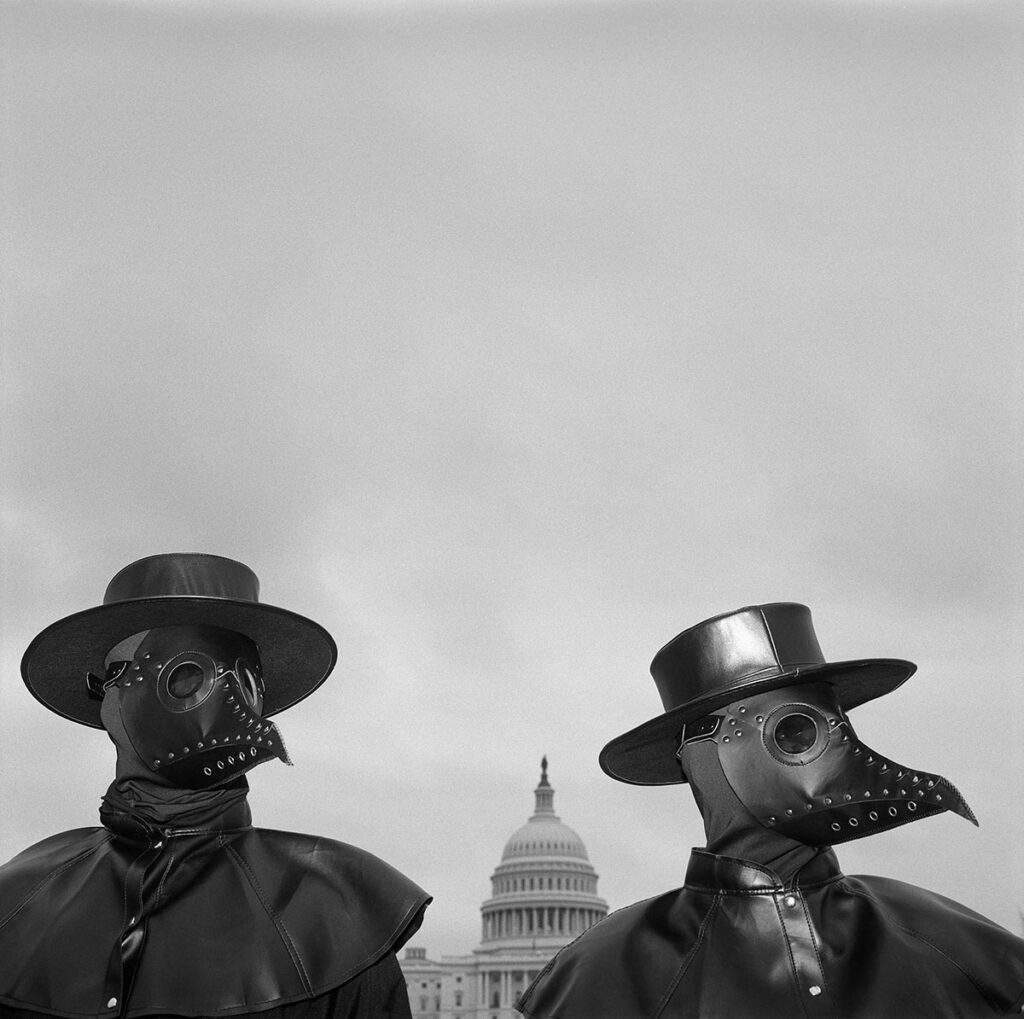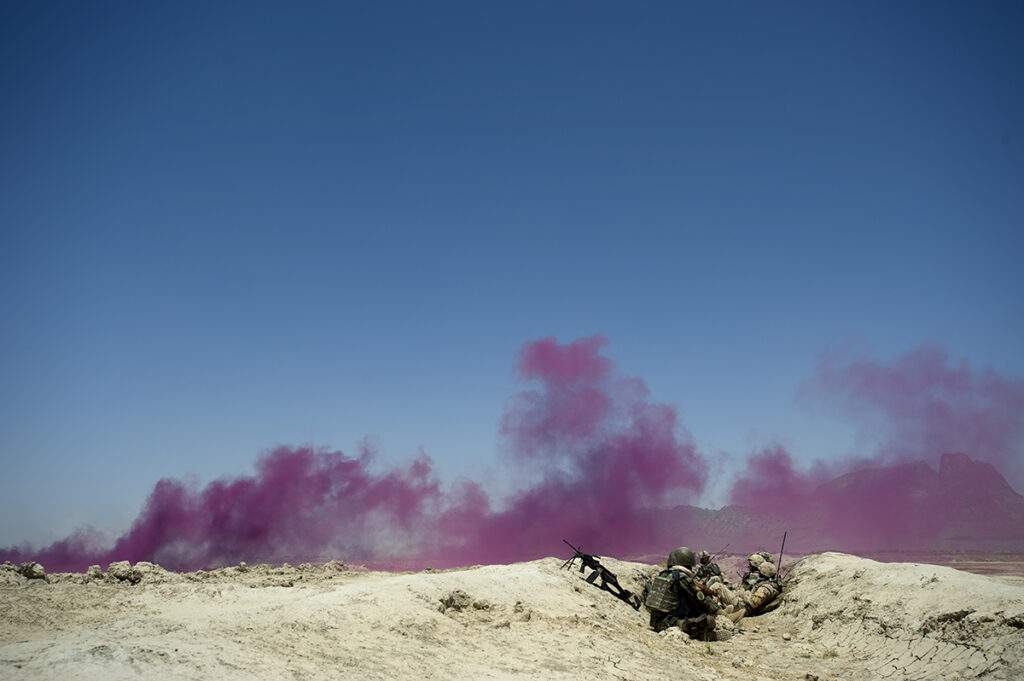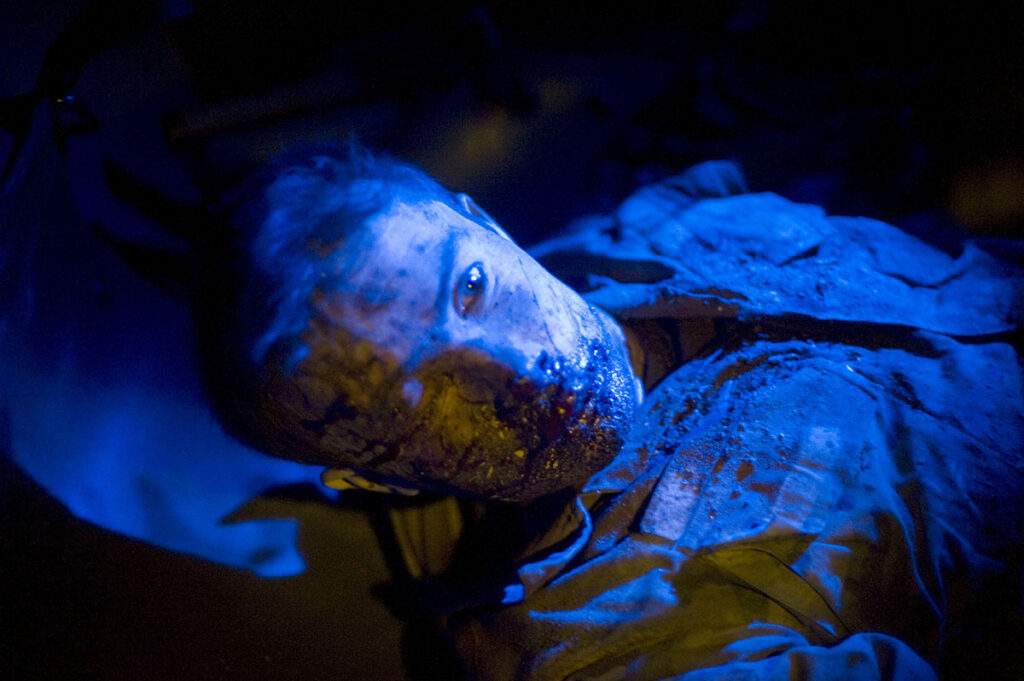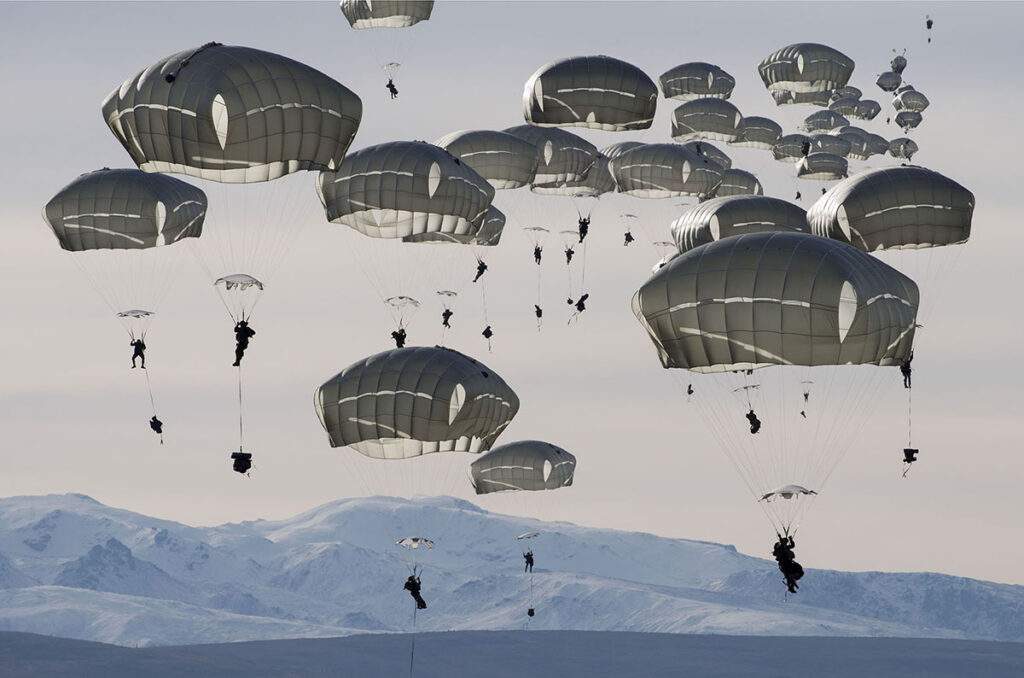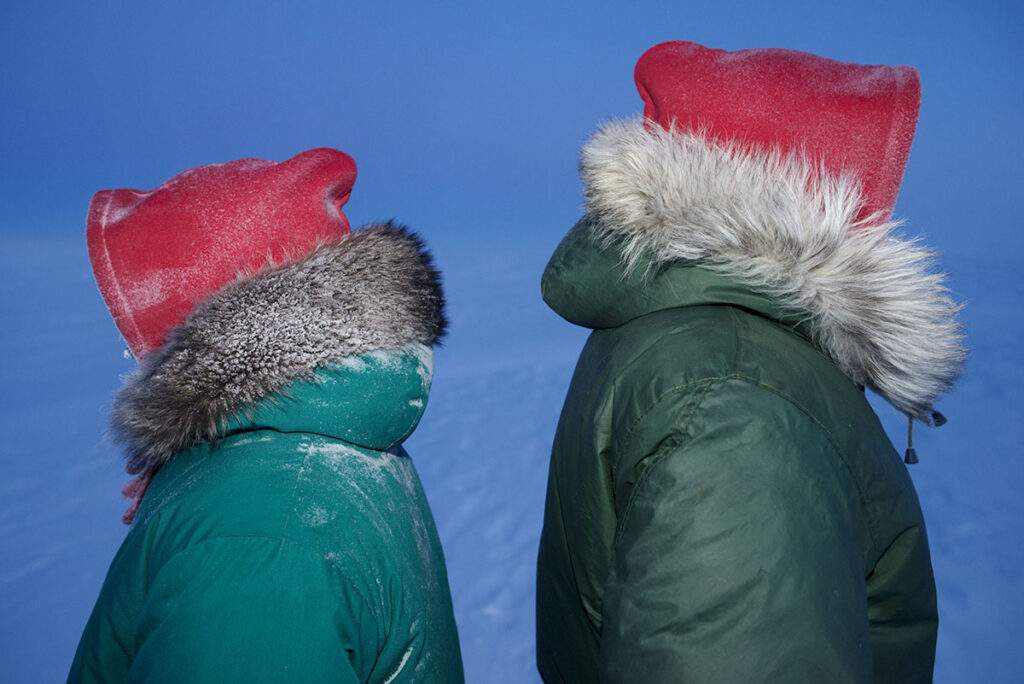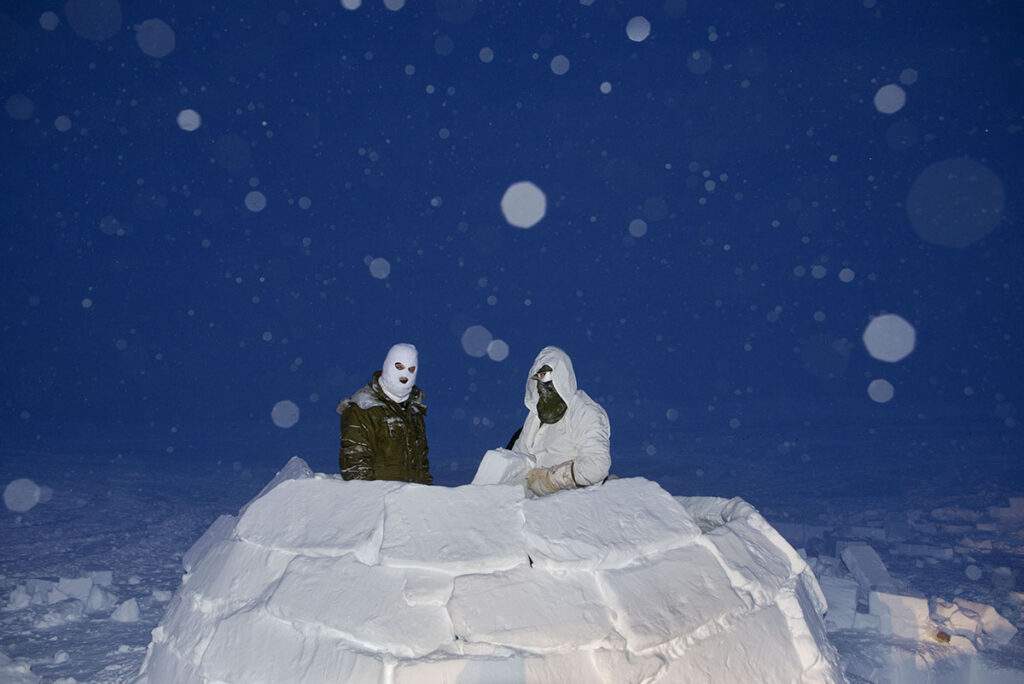Louie Palu
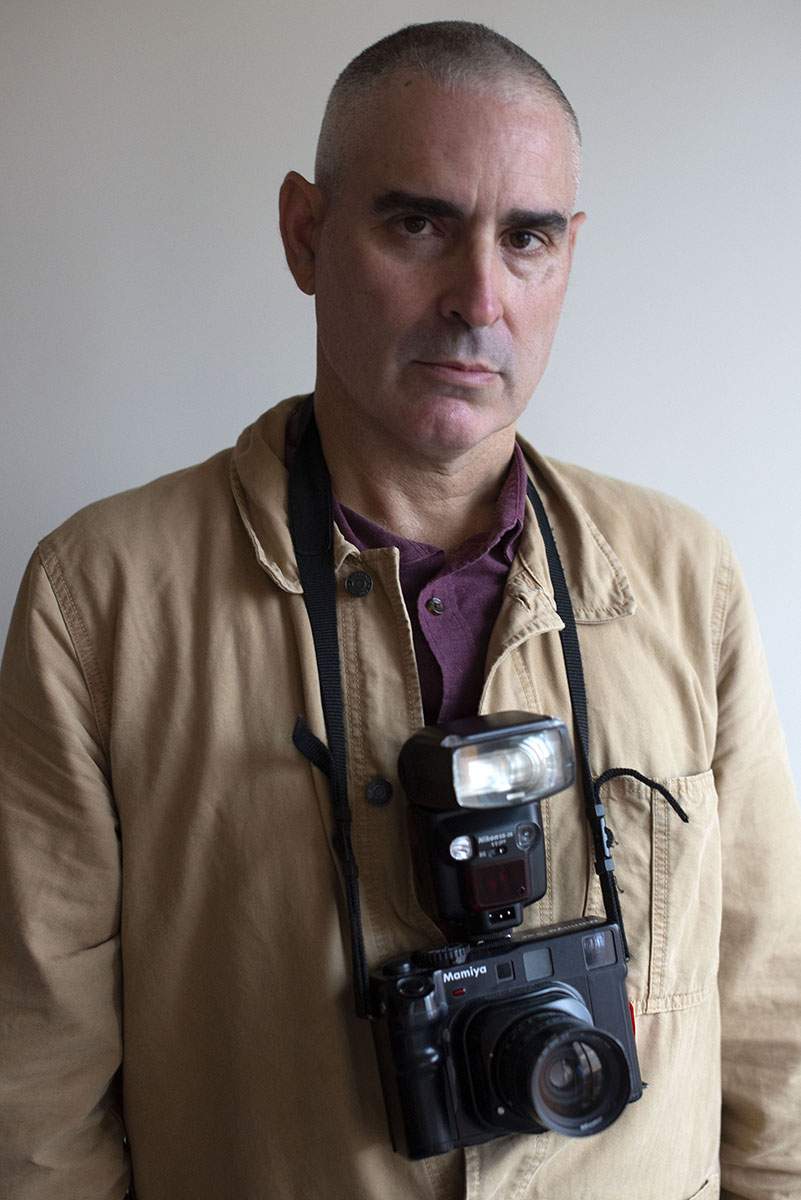
About
Louie Palu is a photographer and filmmaker whose work has examined social political issues for 30-years. His work has been selected for a Guggenheim Fellowship, Arnold Newman Prize and World Press Photo Award. His work has appeared in The New York Times, The Washington Post, National Geographic, The Guardian, Art Forum, Der Spiegel, Le Figaro, El Pais, BBC and PBS. His work is held in numerous collections including the Museum of Fine Arts Boston, Museum of Fine Arts Houston, National Gallery of Art, and Smithsonian National Museum of American History.
Gallery
LACP interviews Louie Palu
LACP asks Louie Palu ten questions about their background, career in and beliefs about photography.
Los Angeles Center of Photography: What kind of photographer are you?
Louie Palu: I am a documentary photographer and filmmaker. I use conventional and hybrid approaches to documentary image making, dissemination, and presentation incorporating journalism and my art practice. I focus on social political issues and my goal is to monitor power, challenge systems of control and create records of human rights violations. I do a lot of editorial work, exhibit in galleries, museums and really enjoy unconventional pop-up public installations.
LACP: How long have you been photographing?
LP: I started in high school when I was 16, that was 1984. Professionally, I started right out of art college in 1991 and am still going strong, I just got back from assignments in Greenland and Alaska.
LACP: Where did you get your training?
LP: I went to a public high school called C.W. Jefferys in Toronto, Canada. In the 1980’s the school had a unique art program where half of your eight credits were art based, including photography. I then studied at the Ontario College of Art and Design and had an internship with Mary Ellen Mark in New York. After a 30-year delay in attending graduate school, I am finally about to graduate with my MFA from the Maryland Institute College of Art this summer.
LACP: When did you know you wanted to devote your life to photography?
LP: At the age of 16 I knew photography was my main means of expression. My neighborhood and family were all immigrants, many could not read or write in English. Many immigrants, like my parents landed in Canada and were directed straight to industrial jobs with no offer of even a high school education. Connecting those stories through photography helped me intellectualize my anger as a young man who felt trapped in a system of colonial and economic structures of control. At that same time in my life, I had a shift in consciousness listening to music, punk bands like Black Flag and the Dead Kennedy’s spearheaded my political consciousness. This critical massed to the camera being essential to how I talked about my world.
LACP: Did you ever come close to giving up?
LP: When you grow up in a family of immigrants who survived the Second World War and Nazi occupation giving up is not an option. I also went to elementary schools where sadly having to know how to fight was essential to not being beat up repeatedly. When faced with overwhelming situations instead of giving up I found forms of compromise that got me through tough times.
LACP: Have you sacrificed anything by being a photographer?
LP: Earlier on in my career I traveled a lot on assignment, looking back maybe more than I should have. I am not sure this is a sacrifice or a regret I am talking about, but I have learned that family and friends should always come before career.
LACP: What have you gained by being a photographer?
LP: I have met and been educated by some incredible people. I have made many friends in the Arctic, and they have shared so much wisdom to my already strong connection to nature as a source of power. I also have friends who are military veterans who I have learned so much from when it comes to loss and mental health. Those are cameraless lessons that I have gained but are the most important and beyond any images I have created.
LACP: What classes do you teach at LACP?
LP: This will be my first-time teaching at LACP, but I have been teaching and mentoring for over 30-years ranging from the elementary school level, graduate students, and professionals. California is a special place and appreciate any chance to get to back there.
LACP: What do you love most about teaching?
LP: Teaching is a unique skill and I like watching photographers make breakthroughs toward their goals. I really like getting to know students, which is a form of learning every instructor should engage in. I like to work on assisting photographers enhance their skills through a process of experimentation, mentoring and most of all discovery about themselves.
LACP: What advice would you give someone who is thinking about making a career in photography?
LP: Photography is an incredible form of expression, your personal story is important and should inform the direction you choose to take in life. No matter what you work on, you should be happy and enjoy what you do. Avoid negativity and people who complain. Take chances and don’t be afraid to fail, that always leads to success.
